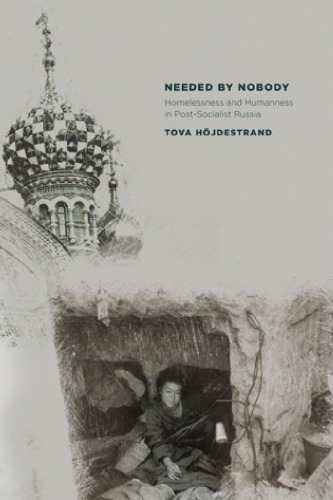

Most ebook files are in PDF format, so you can easily read them using various software such as Foxit Reader or directly on the Google Chrome browser.
Some ebook files are released by publishers in other formats such as .awz, .mobi, .epub, .fb2, etc. You may need to install specific software to read these formats on mobile/PC, such as Calibre.
Please read the tutorial at this link: https://ebookbell.com/faq
We offer FREE conversion to the popular formats you request; however, this may take some time. Therefore, right after payment, please email us, and we will try to provide the service as quickly as possible.
For some exceptional file formats or broken links (if any), please refrain from opening any disputes. Instead, email us first, and we will try to assist within a maximum of 6 hours.
EbookBell Team

0.0
0 reviewsBeing homeless carries a special burden in Russia, where a permanent address is the precondition for all civil rights and social benefits and where homelessness is often regarded as a result of laziness and drinking, rather than external factors. In Needed by Nobody, the anthropologist Tova Höjdestrand offers a nuanced portrait of homelessness in St. Petersburg. Based on ethnographic work at railway stations, soup kitchens, and other places where the homeless gather, Höjdestrand describes the material and mental world of this marginalized population.
They are, she observes, "not needed" in two senses. The state considers them, in effect, as noncitizens. At the same time they stand outside the traditionally intimate social networks that are the real safety net of life in postsocialist Russia. As a result, they are deprived of the prerequisites for dealing with others in ways that they themselves value as "decent" and "human." Höjdestrand investigates processes of social exclusion as well as the remaining "world of waste": things, tasks, and places that are wanted by nobody else and on which "human leftovers" are forced to survive.
In this bleak context, Höjdestrand takes up the intimate worlds of the homeless―their social relationships, dirt and cleanliness, and physical appearance. Her interviews with homeless people show that the indigent have a very good idea of what others think of them and that they are liable to reproduce the stigma that is attached to them even as they attempt to negotiate it. This unique and often moving portrait of life on the margins of society in the new Russia ultimately reveals how human dignity may be retained in the absence of its very preconditions.